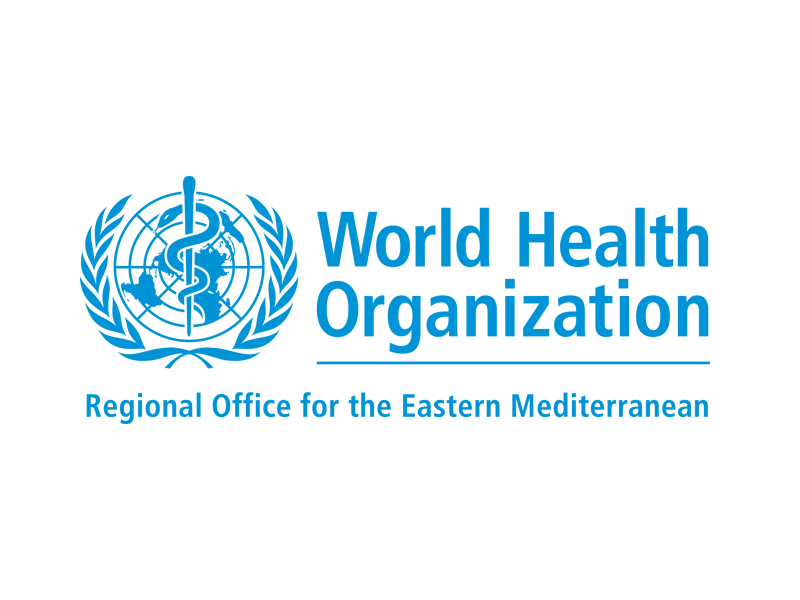
19 May 2025
Excellencies,
Distinguished Colleagues,
It is an honour to join you today, and I thank His Excellency the Chair―Dr Saleh al-Hasnawi, Minister of Health of the Republic of Iraq―for this important opportunity.
The World Health Organization greatly values its longstanding partnership with the League of Arab States.
Our cooperation is rooted in a shared commitment to improving lives and health across the Arab region—through solidarity, evidence-based action, and a collective will to advance health for all.
Together, we have made significant progress.
Our joint achievements include the Regional Nursing and Midwifery Strategy,1 the Multi-sectoral Arab Strategy for Maternal, Child, and Adolescent Health,2 the Arab Strategy on Health and Environment,3 and the Arab Strategy for Health-Friendly Budgeting.
On disaster risk reduction, WHO has supported Member States with risk profiling, emergency planning, and health-focused capacity-building―including at the Sixth Arab Platform for Disaster Risk Reduction in Kuwait this year.
Our joint work on tobacco control represents a model for multisectoral cooperation. Crucially, the League supported the adoption and implementation of the WHO Framework Convention on Tobacco Control across Arab countries—demonstrating the power of a unified Arab response to a regional public health challenge.
Our work in areas such as national health surveys, health indicator reporting, and digital health strategies is laying the groundwork for more data-driven policymaking across the region.
Each of these initiatives reflects the power of partnership to deliver results across sectors.
Yet we must face the reality of a deeply concerning health outlook.
The Eastern Mediterranean Region continues to bear a disproportionate share of global humanitarian crises—hosting one-third of all global emergencies.
Today, 15 per cent of our population requires humanitarian assistance―and needs are escalating. These crises demand a unified, multisectoral response.
In countries like Sudan and the occupied Palestinian territory, health diplomacy and access to care are matters of life and death.
We urge all Arab League members with the means to do so to expand their support—financially, technically, and politically.
In the face of mounting challenges, WHO is mobilizing emergency response efforts and investing in long-term solutions.
Our Regional Strategic Operational Plan 2025–2028 aims to advance universal health coverage, build resilient health systems, strengthen health security, and promote health and well-being.
Alongside it, we are driving forward three flagship initiatives that will fast-track progress on health workforce development, access to essential medical products, and the challenge of substance use.
Together, we are making a significant impact in many of these areas, and I am excited for what is yet to come.
Looking ahead, another critical opportunity is the Pandemic Agreement, which will be discussed during this year’s World Health Assembly. We count on your support.
The Agreement is not just a legal instrument—it is a promise to future generations that will strengthen pandemic prevention, surveillance, and equitable access to care.
We are also keen to further our institutional ties. WHO/EMRO stands ready to finalize a Memorandum of Understanding with the League of Arab States to formalize and expand our collaboration.
Excellencies,
Our partnership has never been more urgent.
Let us act together to deliver health and hope for every Arab.
- Original Story:
- Story By:
- Date:
- Please Support: